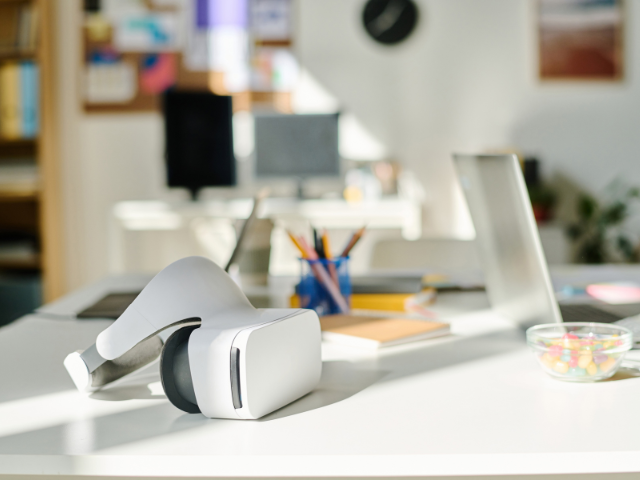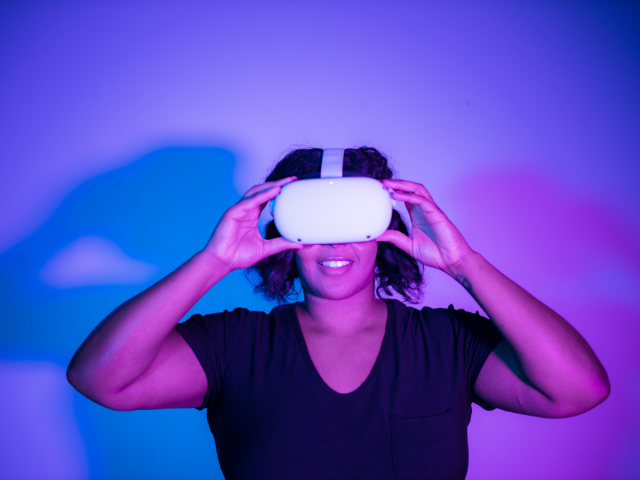NCLEX Competency and Healthcare Simulation
NCLEX pass rates for first-time, U.S.-educated students were around 91% for 2024, but studies show that competency doesn’t necessarily align with the higher pass rates.
The Online Journal of Issues in Nursing published a study in 2021 that includes data suggesting fewer than 10% of new nurses are prepared from a clinical judgment perspective. Two years later, Behavioral Sciences published a study on preparedness during the COVID-19 pandemic. More than 50% of study participants told researchers their education didn’t prepare them for what they ultimately experienced.
Vogel said that with NCLEX rates being “so high but the readiness being so low,” there’s a need for practice through virtual reality simulation and competency-based education.
“The NLN [National League for Nursing] has a push toward competency-based education for all schools of nursing,” Vogel said. “And so no longer is it just the test to progress. They need to show that they are able to perform each of these competencies at increasing levels.”
In April 2023, the National Council of State Boards of Nursing did update its exam — known as Next-Generation NCLEX — to include competency-based questions.
Healthcare simulation scenarios, particularly at UbiSim, incorporate underrepresented groups like those experiencing homelessness or substance abuse. Scenarios also can be tailored to the student’s level of experience, which Vogel said can help “supplement” knowledge gaps in nursing education.
“Educators are doing a fantastic job, but nurse learners just aren’t learning the way that they used to,” Vogel said. “They’re not learning from the book or the PowerPoints. They need these experiences to build competency.”
Multiple studies have shown that new graduate nurses feel underprepared for the bedside, noting a “lack of skills training” and an “academic-practice gap.”
“While nursing students were able to meet some expectations, such as value and ethical codes, there is still a distance between expectations and reality,” authors of a 2024 BMC Medical Education study stated. “Especially, evidence-based care was identified as one of the weaknesses of nursing students.”









